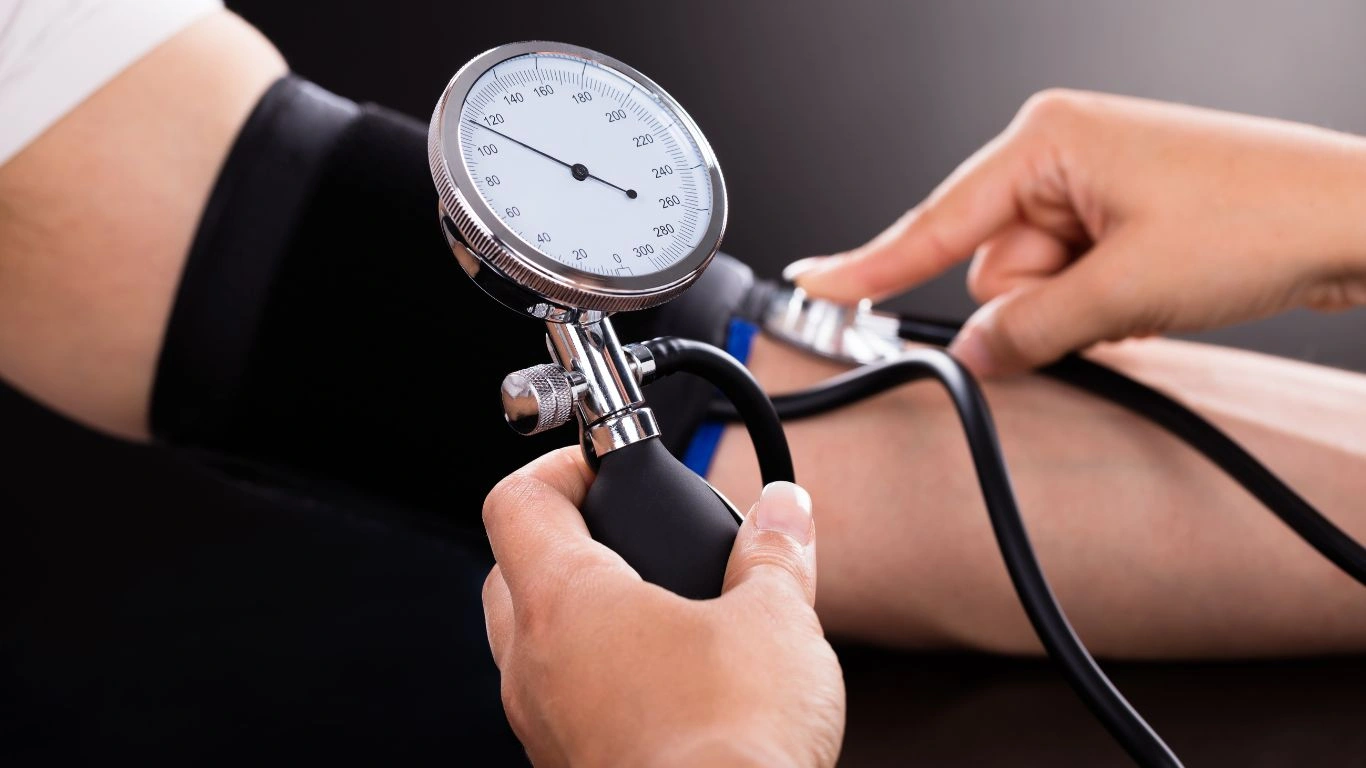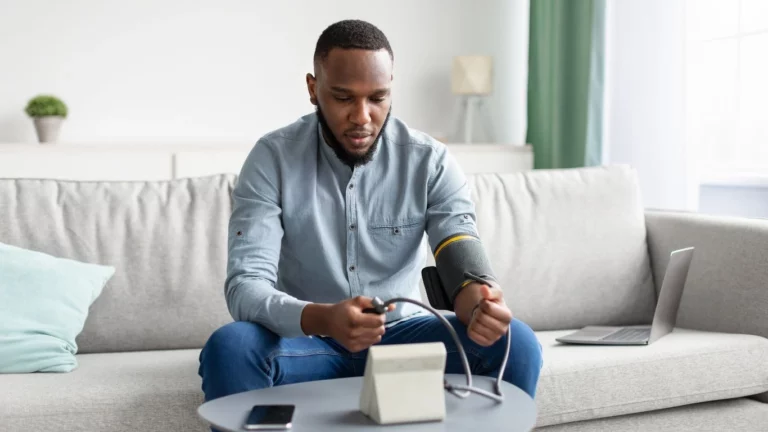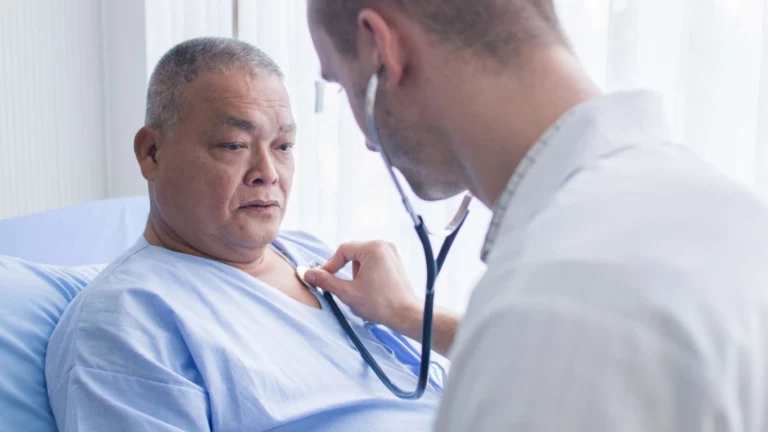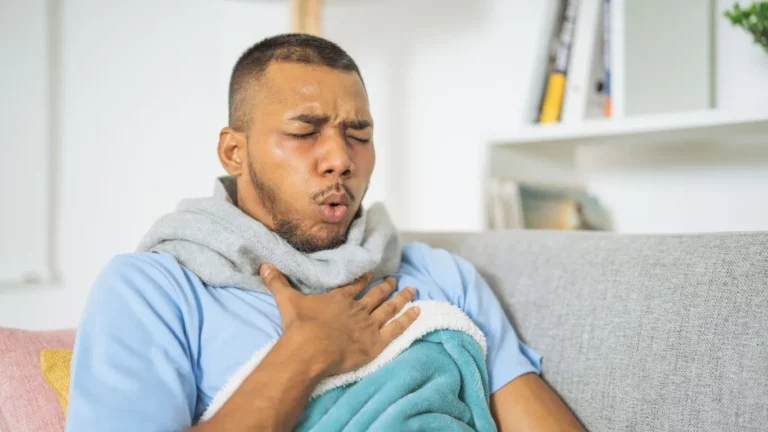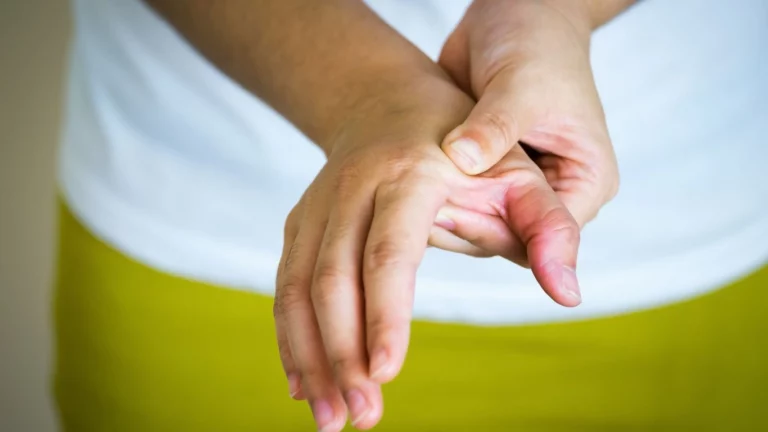Shocking Truth: High Blood Pressure Can Ruin Your Vision—Here’s Why
Have you ever noticed your vision getting blurry out of nowhere? Maybe you’re reading a text message, and suddenly, the words seem to smear together. Or you’re driving, and street signs look fuzzier than usual. If you’re also dealing with high blood pressure, this isn’t something to brush off. High blood pressure and blurred vision causes are more connected than most people realize, and as a hypertension expert, I’ve seen firsthand how often this symptom gets overlooked. So, let’s dive into what’s really happening when your blood pressure messes with your eyesight.
How High Blood Pressure Affects Your Eyes
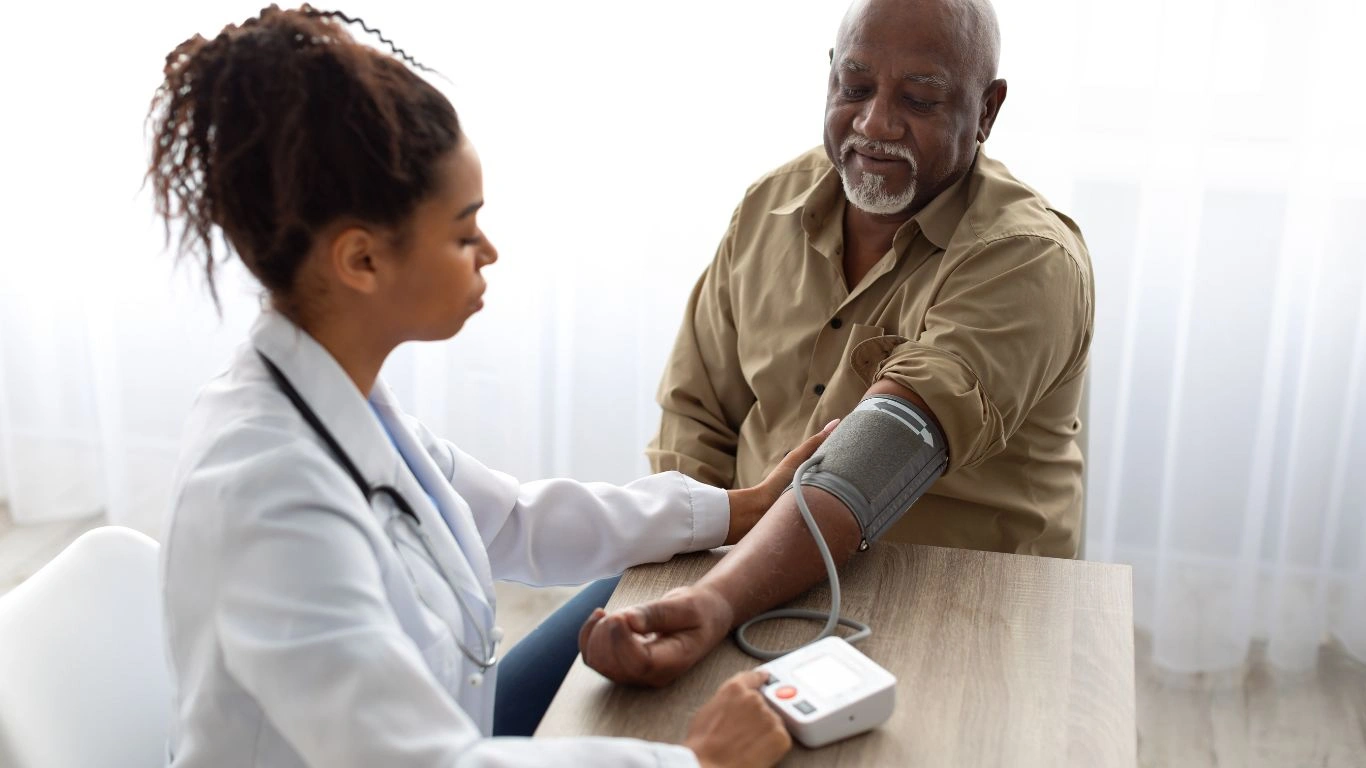
Most people associate high blood pressure (also called hypertension) with heart disease or strokes, but it can also impact your eyes in some serious ways. Your eyes have tiny, delicate blood vessels that are super sensitive to changes in pressure. When blood pressure spikes, those vessels can take a hit, leading to problems with vision.
In my years of working with hypertension patients, I’ve had so many people come in complaining of occasional blurry vision, thinking it’s just tiredness or aging. But once we check their blood pressure, we often find a different story—one that needs immediate attention.
Hypertensive Retinopathy: A Silent Vision Threat
One of the biggest culprits behind blurred vision in people with high blood pressure is hypertensive retinopathy. This condition happens when high blood pressure damages the blood vessels in the retina—the part of your eye responsible for processing images.
Some telltale signs of hypertensive retinopathy include:
- Blurry or dimmed vision
- Eye strain or discomfort
- Sudden vision loss (in severe cases)
- Dark spots or floaters
The scary part? This damage often happens gradually, and many people don’t realize it until their vision is significantly affected. I always tell my patients: If you have high blood pressure and notice sudden changes in your vision, don’t wait—get it checked out ASAP.
Other High Blood Pressure and Blurred Vision Causes

Hypertensive retinopathy isn’t the only way high blood pressure can impact your eyesight. There are a few other serious conditions that can lead to blurred vision, and understanding them can help you take action before things get worse.
Optic Neuropathy: When Blood Flow to the Eye Gets Cut Off
High blood pressure doesn’t just affect the retina—it can also interfere with the optic nerve. The optic nerve is like a messenger, sending signals from your eyes to your brain. When high blood pressure reduces blood flow to this nerve, it can cause optic neuropathy, leading to:
- Blurred vision or vision loss in one or both eyes
- Colors appearing duller than usual
- Pain or discomfort behind the eye
I’ve had patients come in thinking they need new glasses, only to find out that their optic nerve is struggling due to high blood pressure. The tricky part is that this condition can be painless, making it easy to ignore until vision loss becomes noticeable.
Retinal Vein Occlusion: A “Stroke” in the Eye
If high blood pressure is left unchecked, it can cause a blockage in the veins that carry blood away from the retina. This is called retinal vein occlusion, and it’s essentially a small stroke in your eye.
Symptoms often include:
- Sudden blurred vision or vision loss
- Floaters (tiny specks that seem to drift in your vision)
- Swelling in the retina
One of my long-time patients once described it as “waking up and feeling like there was a dark curtain over part of my eye.” If you ever experience something like this, don’t ignore it—it’s a sign that your blood pressure might be dangerously high.
When to See a Doctor

So, when should you worry about your vision changes? In my experience, most people wait too long. Here are some clear signs you should schedule a doctor’s appointment:
- Your vision gets blurry suddenly or worsens over time.
- You notice dark spots, floaters, or flashes of light.
- Your eyes feel strained or uncomfortable without explanation.
- You have high blood pressure and experience frequent headaches.
- Any part of your vision seems dim, cloudy, or blocked.
Even if the blurriness comes and goes, it’s worth checking out. High blood pressure is sneaky, and vision problems can be one of the earliest warning signs that something is off.
How to Protect Your Vision If You Have High Blood Pressure

If you’ve been diagnosed with high blood pressure, you’re probably already keeping an eye on your heart health—but your vision deserves just as much attention. The good news? With the right steps, you can reduce the risk of long-term eye damage and keep your vision sharp.
Step 1: Keep Your Blood Pressure in Check
This might seem like a no-brainer, but trust me, I’ve seen many patients ignore their numbers until it’s too late. Managing blood pressure isn’t just about avoiding heart attacks or strokes—it’s about protecting every tiny blood vessel in your body, including those in your eyes.
Here’s what I always recommend:
- Check your blood pressure regularly, even if you feel fine.
- Stick to your prescribed medication plan—don’t skip doses!
- Reduce salt intake (yes, even if you love salty snacks).
- Stay active—aim for at least 30 minutes of movement daily.
- Manage stress with activities like yoga, meditation, or deep breathing.
One of my patients once told me, “I didn’t realize how much my blood pressure was affecting me until I started managing it properly.” And that’s the thing—sometimes you don’t feel the damage happening until it’s already there.
Step 2: Get Regular Eye Exams
Even if your vision seems fine, a routine eye exam can catch early signs of hypertensive retinopathy, optic neuropathy, or other issues. Your eye doctor can spot tiny blood vessel changes long before you notice any symptoms.
Here’s how often you should get checked:
- Once a year if you have high blood pressure but no major symptoms.
- Twice a year if you’ve experienced blurred vision or other eye problems.
- Immediately if you notice sudden vision changes, dark spots, or flashes.
Many of my patients are surprised when an eye exam reveals blood vessel damage they had no idea was there. It’s a wake-up call that can make all the difference in preventing permanent vision loss.
Lifestyle Changes That Benefit Both Your Eyes and Blood Pressure

Managing high blood pressure isn’t just about taking medication—it’s about making everyday choices that support both your vision and overall health. The best part? Small changes add up fast.
Eat for Your Eyes
Your diet plays a massive role in both blood pressure control and eye health. Here’s what I recommend:
- Leafy greens (spinach, kale) – Rich in lutein and zeaxanthin, which protect your retina.
- Omega-3 fatty acids (salmon, flaxseeds) – Help reduce inflammation and support healthy blood vessels.
- Berries (blueberries, strawberries) – Packed with antioxidants that fight eye disease.
- Magnesium-rich foods (avocados, nuts) – Help relax blood vessels and lower pressure.
One of my patients switched to a Mediterranean-style diet and told me, “Not only did my blood pressure drop, but my eyes feel less strained.” That’s the power of nutrition!
Stay Hydrated
Dehydration can cause blood pressure fluctuations and make eye issues worse. Aim for at least 8 glasses of water a day, and more if you exercise or live in a hot climate.
Limit Alcohol and Caffeine
Both can spike blood pressure and lead to eye strain. If you love coffee, try switching to a lower-caffeine option or limiting yourself to one cup in the morning.
Quit Smoking (or at Least Cut Back)
Smoking damages blood vessels, increases blood pressure, and speeds up vision loss. I know quitting isn’t easy, but even cutting back can help. Your eyes—and your entire body—will thank you.
Final Thoughts
Blurred vision and high blood pressure aren’t something to ignore. The connection between the two is real, and taking action early can prevent serious complications. Whether it’s improving your diet, managing stress, or keeping up with eye exams, every step you take brings you closer to healthier vision and a healthier life.
Remember: If you ever experience sudden vision changes, don’t wait. Get your blood pressure checked, see an eye doctor, and take control of your health before the damage becomes permanent.
Case Studies & Real-Life Examples

Let’s bring this topic to life with some real-world cases. I’ve had many patients over the years who initially ignored their blurred vision, thinking it was just fatigue, stress, or aging. But for some, it turned out to be a wake-up call about their high blood pressure.
Case Study #1: The Executive Who Almost Went Blind
A 52-year-old executive came to my clinic complaining of occasional blurry vision in the afternoons. He blamed it on staring at screens too long. But when I checked his blood pressure, it was dangerously high—190/110 mmHg. Further testing revealed he had hypertensive retinopathy, and the blood vessels in his eyes were under immense stress.
After immediate intervention—medication adjustments, dietary changes, and stress management—his vision stabilized, and his blood pressure dropped to safer levels. If he had ignored it, permanent vision loss could have been in his future.
Case Study #2: The Retired Teacher Who Thought It Was Just Aging
A 67-year-old retired teacher assumed her worsening vision was just part of getting older. However, after she noticed dark spots and occasional flashes of light, her ophthalmologist referred her to a hypertension specialist. Her BP was 175/105 mmHg, and tests showed retinal vein occlusion—a blockage in her eye’s blood vessels.
We worked on controlling her hypertension with a personalized plan, and while some vision damage was irreversible, we prevented further deterioration. She now tells everyone she knows, “Don’t assume it’s just aging—get checked!”
Key Takeaways: What You Need to Remember
Let’s recap the most important points:
- High blood pressure can directly impact your vision through hypertensive retinopathy, optic neuropathy, and retinal vein occlusion.
- Blurred vision can be an early warning sign of hypertension-related eye damage—don’t ignore it!
- Regular eye exams are crucial if you have high blood pressure, even if your vision seems fine.
- Managing hypertension through medication, diet, exercise, and lifestyle changes is key to protecting your eyes.
- Act quickly if you experience sudden vision changes—seeing a doctor immediately can prevent permanent damage.
Think of your eyesight as a warning system—if something feels off, your body is trying to tell you something.
FAQs
1. Can high blood pressure cause sudden blindness?
Yes, in severe cases. If blood flow to the optic nerve is cut off (optic neuropathy) or if a retinal vein is blocked, vision loss can happen suddenly. Immediate medical attention is crucial.
2. Can lowering blood pressure restore vision?
It depends. If the damage is mild and caught early, improving blood pressure can prevent further vision loss and, in some cases, restore some clarity. But if the damage is severe, some vision changes may be permanent.
3. How often should I check my eyes if I have high blood pressure?
At least once a year, or more frequently if you’ve already experienced vision problems. If you notice sudden changes, don’t wait—see an eye doctor immediately.
4. Are there specific foods that help protect vision and control blood pressure?
Yes! Foods rich in antioxidants, omega-3s, magnesium, and vitamins A, C, and E can support both eye and cardiovascular health. Leafy greens, berries, nuts, salmon, and avocados are all great choices.
5. Is blurred vision from high blood pressure always permanent?
No, not always. If caught early and blood pressure is managed effectively, blurred vision can sometimes improve. However, if the damage is extensive, some vision loss may be irreversible.
Bonus: Additional Resources or DIY Tips
Want to take extra steps to protect your vision and keep your blood pressure in check? Here are some simple, practical tips:
- Use the 20-20-20 rule: Every 20 minutes, look 20 feet away for 20 seconds to reduce eye strain.
- Monitor your blood pressure at home: Invest in a reliable BP monitor to track trends.
- Try relaxation techniques: Deep breathing, meditation, or even a quick walk can help lower BP naturally.
- Adjust your screen settings: Reduce blue light exposure to prevent unnecessary eye strain.
- Get enough sleep: Poor sleep can elevate blood pressure and worsen eye fatigue.
Appendix: Table, References, Disclaimer, and Call to Action
| Condition | Effect on Vision | Blood Pressure Connection |
|---|---|---|
| Hypertensive Retinopathy | Blurry vision, dark spots | High BP damages retinal blood vessels |
| Optic Neuropathy | Vision loss, color dullness | Reduced blood flow to the optic nerve |
| Retinal Vein Occlusion | Sudden vision loss, floaters | Blocked retinal veins due to high BP |
References
Disclaimer
This article is for informational purposes only and is not a substitute for professional medical advice. If you have concerns about your blood pressure or vision, consult your doctor.
Call to Action
Have you experienced blurred vision related to high blood pressure? Share your story in the comments below! And if you found this article helpful, consider sharing it with a friend or family member who might need this information. Your health—and your eyesight—deserve attention. Take action today!

Dr. Gwenna Aazee is a board-certified Internal Medicine Physician with a special focus on hypertension management, chronic disease prevention, and patient education. With years of experience in both clinical practice and medical writing, she’s passionate about turning evidence-based medicine into accessible, actionable advice. Through her work at Healthusias.com, Dr. Aazee empowers readers to take charge of their health with confidence and clarity. Off the clock, she enjoys deep dives into nutrition research, long walks with her rescue pup, and simplifying medical jargon one article at a time.

